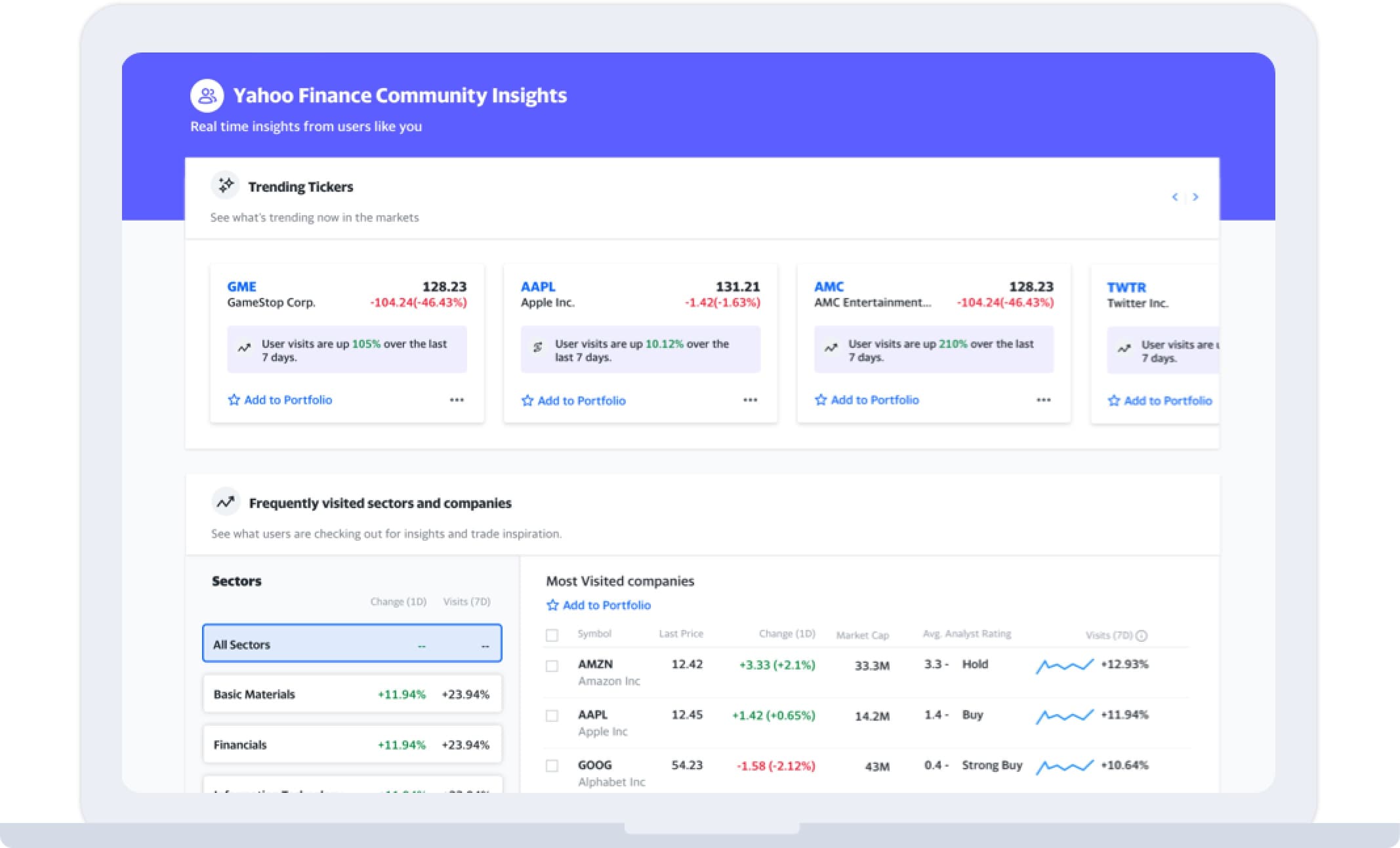

For consumers, she said it likely means higher fees, less service, and less staff. Nelson said it's "incredibly irresponsible" for airlines to consider putting those first pandemic profits to stock buybacks. He added: "But we talk over the long term that we've got a responsibility to all constituencies, to our customers, to our employees, and importantly to our owners." "We can't do anything at the moment with respect to CARES Act limitation," Ed Bastian, CEO of Delta, said in the company's earnings call. "But a huge portion of the profits went to stock buybacks that don't reinvest in the company, that don't contribute to the long term success of the airline, that don't invest in the workforce." "There was so much pressure on the airlines to announce these huge stock buybacks as they were trying to encourage people to invest in airlines again," Nelson said. But, from 2013 to 2019, they spent $12.9 billion on stock buybacks. For instance, in 2019, American spent $12.6 billion paying its employees. As Insider previously reported, airlines like American and Delta poured billions into stock buybacks in the years before the pandemic. Stock buybacks have been particularly prevalent in the airline industry over the last ten years or so. "This will at least temporarily increase, for example, the reported earnings per share, because you are basically dividing the same earnings number by a lower number of shares outstanding," Sinagl said. That gives money to shareholders, and lowers the number of shares outstanding. The wider CDS spread will likely translate into higher borrowing costs too, as it reflects greater concerns about the bank's creditworthiness.In a stock buyback, "a company will choose to purchase its own shares from shareholders, and it will take these shares completely from the market," Petra Sinagl, an assistant professor of finance at the University of Iowa, told Insider. If Credit Suisse decides to issue shares to fund its restructuring plans, the plunge in its stock price this year will make a capital raise much more dilutive for existing shareholders. The larger spread suggests investors now see a far higher chance of the bank defaulting on its debts. Moreover, the spread on five-year credit-default swaps (CDS), which investors often buy as insurance against a company defaulting, climbed as high as 350 basis points, up from about 55 basis points at the start of this year, the FT reported. Bad news for Credit SuisseĬredit Suisse shares fell as much as 12% on Monday morning, extending their decline this year to 60%. The BoE also liaised with Swiss authorities after the Credit Suisse memo added fuel to the firesale in markets, The Telegraph reported. Senior bank executives rushed to reassure large clients, counterparties, and investors about their liquidity and capital position over the weekend, the Financial Times reported. A large Credit Suisse investor told a Fox reporter the bank's investment arm is a "disaster," and the lender's credit-default swaps were trading as if a "Lehman moment was about to hit." Instead of calming anyone, the memo set Twitter and Reddit alight with wild predictions of the bank imploding and triggering the collapse of the global financial system. In this case, Credit Suisse CEO Ulrich Koerner told staff in a Friday memo that it was a "critical moment" for the bank ahead of the unveiling of its restructuring plan on October 27, and they should expect more market volatility. With all that kindling, it should be no surprise that a spark would cause a massive blaze. The backlash spurred Prime Minister Liz Truss and her team on Monday to scrap their planned removal of the top rate of income tax. The news sent the British pound to a record low against the US dollar, spiked the UK government's borrowing costs, and prompted a rare Bank of England intervention. The new UK government also roiled markets last week by announcing a slew of unfunded tax cuts and spending programs, which fueled fears of worse inflation and more rate hikes. Rampant inflation, soaring interest rates, early signs of a global economic downturn, and tumbling asset prices have spooked investors in recent months, and made them worry about what's coming next. Credit Suisse is fending off concerns about its financial health, with some investors going as far as suggesting the Swiss bank is at risk of suffering a Lehman Brothers-style collapse that could upend the global financial system.


 0 kommentar(er)
0 kommentar(er)
